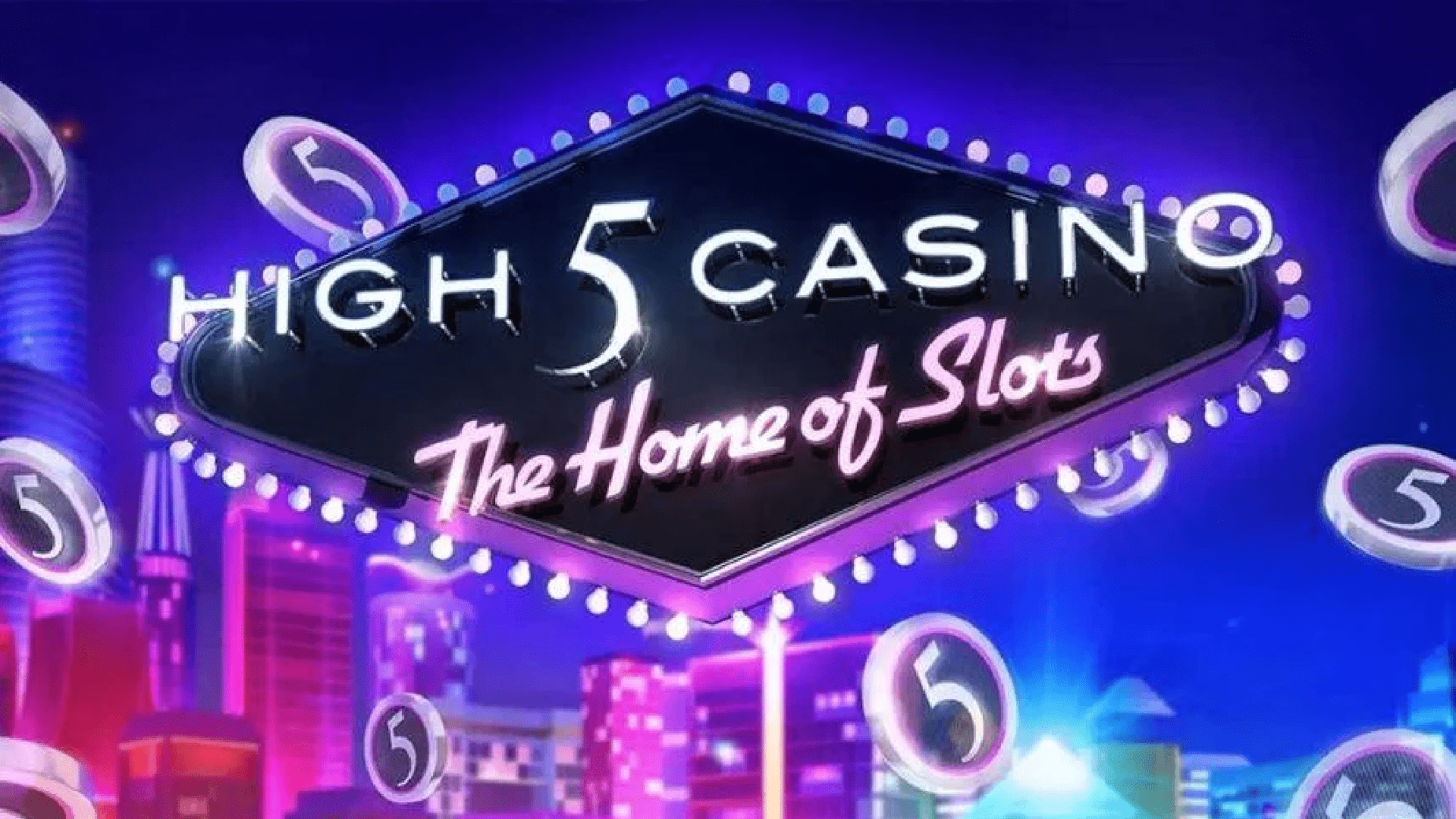
A federal judge in Washington has determined that two social casino applications run by New York's High 5 Games amount to illegal gambling within the state.
The ruling on June 11 by Judge Tiffany Cartwright of the Western Washington District Court could hold the company liable for millions in damages under the state's Recovery of Money Lost at Gambling Act (RMLGA). That’s actual cash, not gaming tokens.
Cartwright concurred with the plaintiff in the case, ex-player Rick Larsen, that the games breached Washington’s Consumer Protection Act (CPA), along with RMLGA.
In 2018, Larsen initiated the class-action lawsuit against High 5 Games. Players of High 5 Casino and High 5 Vegas earn complimentary virtual coins upon registering on tech platforms such as Facebook, Google Play, and the App Store.
Once they deplete their virtual funds, they must buy more coins with actual money to keep playing. Court documents indicate that Larsen spent $7,470.50 on the apps.
As part of a class-action lawsuit, anyone who bought virtual currency for any of the apps in Washington after April 9, 2014, might be eligible for a damages payout.
The RMLGA specifies that all “individuals who lose money or valuable items … on any unlawful gambling games shall have a right to seek recovery … from the owner for whose advantage such game was conducted … the worth of the item lost.”
Subpoenas issued by Larsen's attorneys to Amazon, Apple, Google, and Facebook disclosed that residents of Washington invested over $21.6 million on the applications from 2014 to 2023. Nonetheless, the judge rejected this as a conclusive amount and ruled that damages would be determined by a jury after additional discovery.
Cartwright based her decision on a legal precedent. In March 2018, federal judge Milan D. Smith of the Ninth Circuit Court of Appeals determined that the virtual play chips utilized in the games of another social casino, Big Fish, could be regarded as “something of value” according to Washington State law.
This is vital because Washington defines gambling as “putting something of worth at stake in the result of a game of chance or an upcoming event that is beyond the individual's control or influence to obtain something valuable if there is a specific result.”
Washington stands apart from other states in which comparable cases have been raised regarding the attribution of “value” to virtual gaming chips.
The plaintiffs in the Big Fish lawsuit eventually received a $155 Million settlement. Cartwright determined that High 5’s virtual coins "operate in the same way" as those of Big Fish.